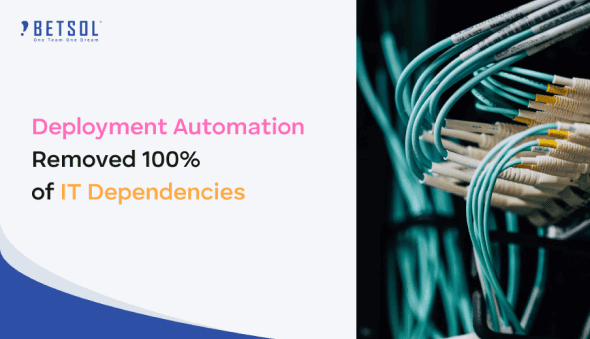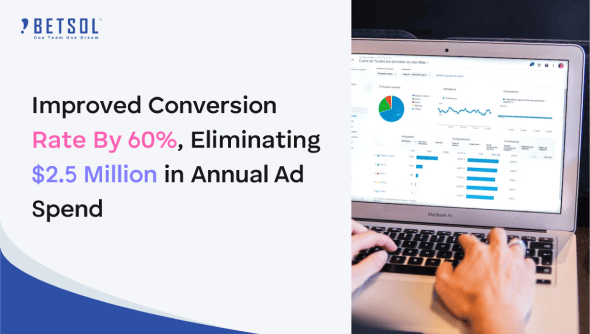Automated Ticket Resolution
Reduced Support Costs by 15% While Improving Response Time by 20%
15%
Support overhead reduced by 15%
22%
Reduction in tickets routed to humans by 22%
94%
Automation increased to 94%
20%
First response time for tickets improved by 20%
Key Challenges :
- An average of 10M alarms per month was generated from the data centers.
- After the elimination of duplicate alarms, the monthly average ticket volume was still at 7M.
- The percentage of tickets being auto resolved was at 70%.
- Currently, business rules could only be updated by the development team.
GOALS:
- Increase the auto-resolution of tickets to 90%.
- Reduce monthly support costs by 10%.
- Improve first response time by 20%.
Solution:
- Integrated a newer rules-engine (JEXL) that could be leveraged to perform more complex maintenance activities driven by business rules.
- Built alarm correlation algorithms to group related alarms into a single ticket with the corresponding log files.
- Auto-routing of tickets to skill groups was enhanced by automatically attaching log files to tickets using RPA. This improved the first response time.
- Enabled the import of business rules using CSV files to eliminate the dependency on the development team.
- The CSV files enabled faster updates to rules and maintenance commands resulting in increased auto resolution.
- Automation layer added to auto-resolve device on-boarding tickets. The automation workflow would be retried based on policies, before assigning the ticket to a human.
- Implemented Anomaly Detection, Alerting, and Auto Resolution workflows.
- Implemented Alarm Management to handle customer maintenance windows.
Results:
15%
Support overhead reduced by 15%.
22%
Reduction in tickets routed to humans by 22%.
94%
Automation increased to 94%.
20%
First response time for tickets improved by 20%.

